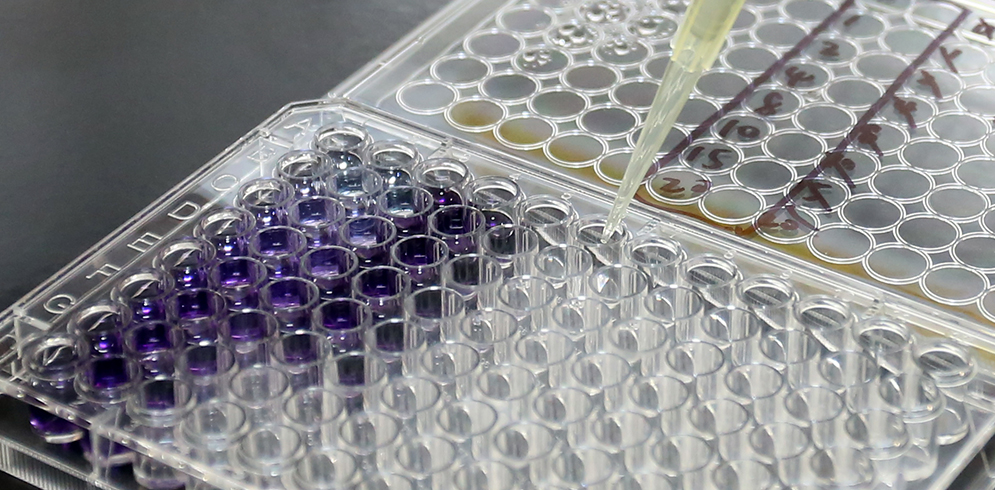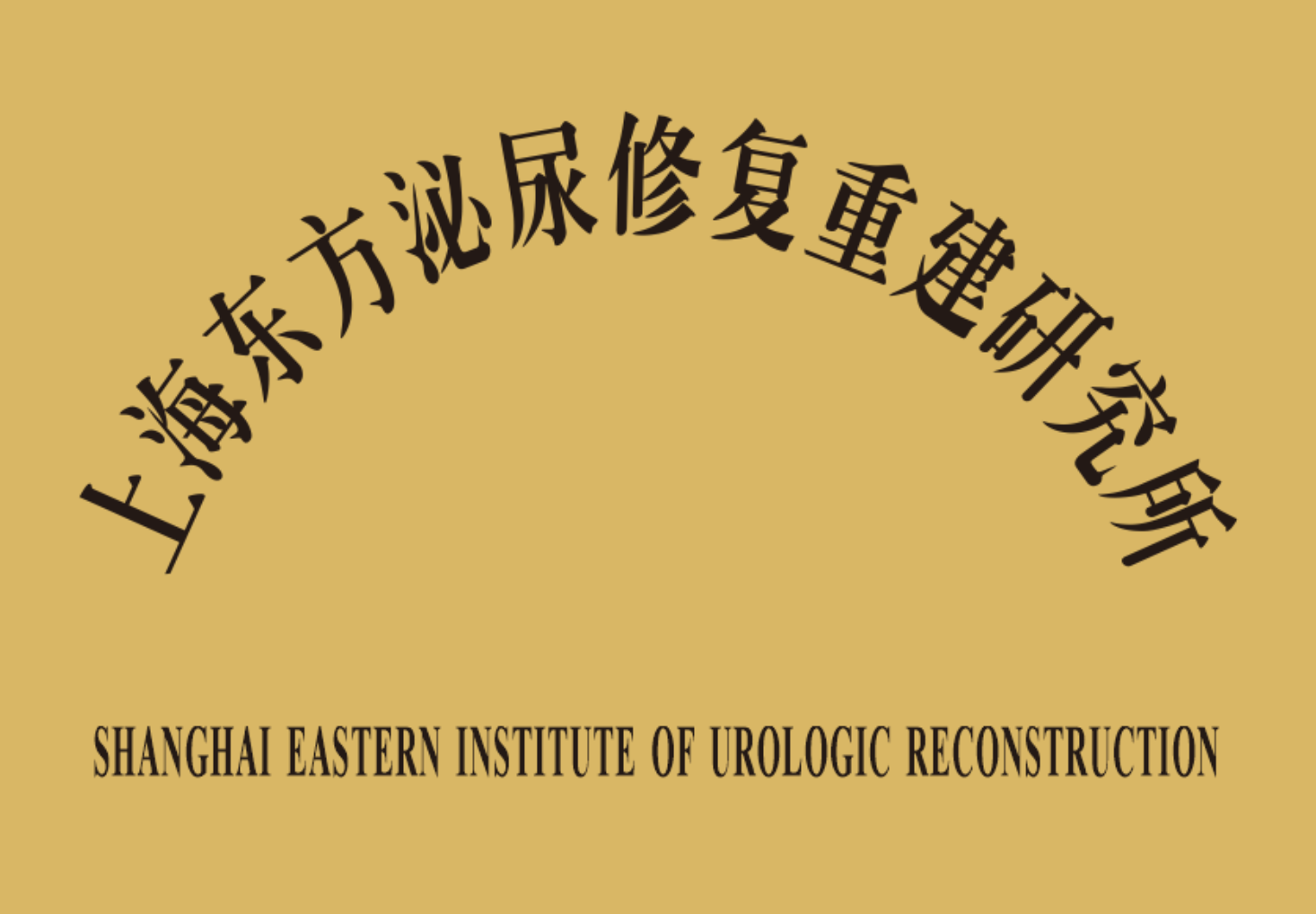Search

Established in the early 1950s, the Department of Urology of Shanghai Sixth People's Hospital emerged as one of Shanghai's earliest independently established clinical disciplines. Today, it stands as a cornerstone discipline at both Shanghai Jiao Tong University School of Medicine and Shanghai Sixth People's Hospital, encompassing medical care, scientific research, and teaching responsibilities. Urinary repair and reconstruction have long been the department's core expertise and distinguishing feature. Over more than half a century, through the efforts and innovation of successive generations, urinary repair and reconstruction techniques have gained widespread recognition both domestically and internationally.
In May 2011, with the approval of the Shanghai Municipal Science and Technology Commission, the Shanghai Eastern Institute of Urologic Reconstruction was founded. It represents the first research institution in China dedicated to urinary system restoration and reconstruction. The institute's primary research areas include urinary system repair and reconstruction, covering the restoration and reconstruction of organs such as the kidney, ureter, bladder, prostate, urethra, penis, and testis with abnormal morphology and function. Additionally, it focuses on fundamental research on abnormalities in urinary system morphology and function, the promotion of new technologies for urinary system repair and reconstruction, professional talent training, as well as professional consultation and evaluation. Leveraging the resources of the Shanghai Eastern Institute of Urologic Reconstruction, we have hosted 13 International Forums on Urinary Tract Repair and Reconstruction and 11 sessions of Urinary Tract Repair Surgery Training Weeks, training nearly 500 domestic and foreign participants.
Affiliated with Shanghai Eastern Institute of Urologic Reconstruction is China-Europe Urethral Training College, which serves as a master's and doctoral training center as well as a post-doctoral station of Shanghai Jiao Tong University. Together, they have jointly cultivated over 80 master's, doctoral, and post-doctoral candidates. The Institute has successfully undertaken and completed more than 30 national-level projects. Furthermore, nearly 300 papers related to urethral diseases have been published in domestic and international renowned journals, including over 80 SCI articles. More than 30 papers were published in top international urology journals such as European Urology (IF: 23.4), The Journal of Urology (IF: 6.6), and BJU International (IF: 5.969). Furthermore, over 20 articles have been published in prestigious journals focusing on translational medicine and biomaterials journals, such as Nature Communications (IF: 16.6), Advanced Materials (IF: 32.086), Theranostics (IF: 12.4), Biomaterials (IF: 15.304), Material Today Bio (IF: 10.761), and Biofabrication (IF: 11.061). The institute has won numerous awards, including the first prize of the Science and Technology Progress Award of the Ministry of Education (2008), the second prizes of Chinese Medical Science and Technology Award (2007, 2011, 2022), the second prize of Huaxia Medical Science and Technology Award (2019), the second prizes of Shanghai Science and Technology Progress Award (2006, 2007, 2011, 2014), the third prizes of Shanghai Science and Technology Progress Award (2009, 2011), the first prize of Shanghai Medical Science and Technology Award (2021), the second prize of Shanghai Medical Science and Technology Award (2008), and the third prizes of Shanghai Medical Science and Technology Award (2007, 2008, 2013, and 2015).
Shanghai Eastern Institute of Urologic Reconstruction has an independent laboratory spanning 280 square meters. With access to the hospital's central laboratory, the animal laboratory, and the national-level sample bank, it facilitates research in tissue engineering for urinary system reconstruction, urinary neurophysiology, and molecular biology. Our laboratory is equipped with specialized facilities including cell culture rooms, molecular biology laboratories, histology laboratories, biomechanics laboratories, large animal laboratories, and clean-grade animal laboratories. Instrumentation includes PCR machines, Bio-Rad PAGE electrophoresis and transfer system, Roche fluorescence quantitative PCR instrument, Eppendorf 4 degree desktop centrifuge, Syngene gel imaging system, Beckman constant temperature ultracentrifuge, Bio-Rad electroporation instrument, fluorescence inverted phase contrast microscopic imaging system, Beckman flow cytometry, Nikon inverted microscope, Labsystem fully automatic ELISA readers, freeze-drying instrument, PowerLab 4SP physiological recorder, and Instron biomechanics equipment.
Professor Fu Qiang currently serves as the director of Shanghai Eastern Institute of Urologic Reconstruction. He is also the administrative director of the Department of Urology of Shanghai Sixth People's Hospital, holding titles of chief physician, T2 professor of Shanghai Jiao Tong University, and doctoral supervisor. Additionally, he is a member of the American Urological Association, a committee member of the Urology Branch of the Chinese Medical Association, vice chairman of the Basic and Research Group of the Urology Branch of the Chinese Medical Association, vice chairman of the Urology Branch of the Shanghai Medical Association, and chairman of Urethral Repair and Reconstruction specialty of the Urology Health Branch of China International Exchange and Promotive Association for Medical and Health Care. Professor Fu specializes in the repair and reconstruction of various urinary tract strictures and defects, surgical treatment of complex urinary tumors, and minimally invasive urological surgery. In terms of scientific research achievements, he has published 121 papers as the first author or corresponding author, with 60 SCI papers, the highest impact factor researching 32.6. He has also contributed to the editing of five books. As the principal investigator, he has completed or is currently involved in 15 National, Ministry of Education, Shanghai Municipal Science and Technology Commission, Education Commission, and Health Commission projects. He has received numerous awards, including the second prize of the China Medical Science and Technology Award, the first prize of Shanghai Medical Science and Technology Award, the second prize of Huaxia Medical Science Award, and the second prize of Shanghai Science and Technology Progress Award. He has also been selected as Shanghai Leading Talent, Shanghai Outstanding Academic Leader and Shanghai Medical Leading Talent. Furthermore, he has been honored with the Shanghai May 1st Labor Medal and the title of Shanghai Medical Craftsman.

Research Platforms
- Shanghai Institute of Microsurgery on Extremities / Institute of Orthopaedic Surgery
- Shanghai Diabetes Institute/ Shanghai Key Laboratory of Diabetes
- Shanghai Key Laboratory of Sleep Disordered Breathing
- Shanghai Engineering Research Center for Orthopaedic Material Innovation and Tissue Regeneration
- Shanghai Key Laboratory of Neuro-Ultrasound for Diagnosis and Treatment
- Shanghai Neurological Rare Diseases Biobank and Precision Diagnosis Professional Technical Service Platform
- Shanghai Institute of Ultrasound in Medicine
- Imaging Medicine Institute of Shanghai Jiao Tong University




